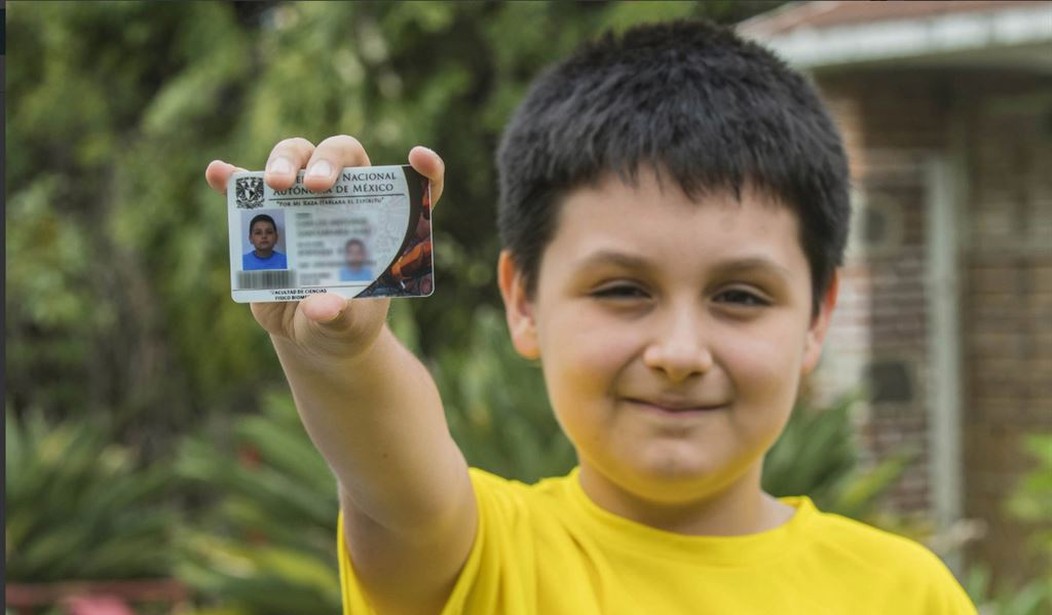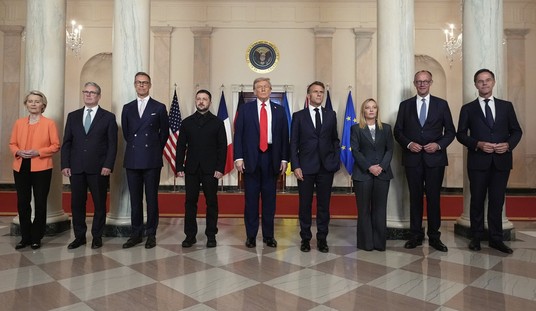Even as Democrats continue to lobby for their new bill supposedly intended to “expand voting rights” across the country, most of the primary features of the bill remain out of step with many Americans. The so-called “For the People Act,” carries a number of disingenuous and disruptive features. Chief among them is the provision that would seek to ban voter ID laws that are already in place in many states. A new poll conducted by Scott Rasmussen once again confirms the unpopularity of this rule, even among the people the Democrats claim they are trying to “protect” with it. When asked whether the voter ID laws are either a form of voter suppression or a reasonable step to improve confidence in elections, significantly more people chose the latter option and the results really weren’t even close.
The Brennan Center and other activist organizations say that requiring voters to show photo ID is a form of voter suppression. However, just 25% of voters nationwide agree. Instead, 66% see photo ID requirements as a reasonable step to improve confidence in elections.
A majority of every measured demographic group hold the view that such requirements are reasonable. That includes 77% of Republicans, 67% of Independents, and 56% of Democrats.
This portion of the FTPA isn’t an example of offering something that’s even moderately supported by the voters because a 66/25 split against is pretty much a landslide in today’s divided political climate. Eliminating voter ID laws that have been passed by the people of any given state represents nothing beyond once again catering to the far-left fringe of one party. It’s also worth remembering that a number of those states with voter ID laws have elected Democrats to both the House and the Senate. It will interesting to see how those members fare next year if they vote in favor of overturning the will of their own constituents.
Voter ID wasn’t the only topic covered in this latest poll. Respondents were also asked how they viewed a requirement for all ballots to be received by Election Day. The FTPA would do away with that provision as well, but the numbers on this question look just about as bad for the Democrats as the voter ID ban does. 59% saw that as a reasonable step to improve confidence in elections. Only 29% (less than half of that number) viewed the requirement as voter suppression. Some states, such as New York, have been trying to push the window out to two weeks after election day. Why would that build anyone’s confidence in the integrity of elections? It comes across as more of an opportunity for the trailing candidate’s party to keep “finding” more bags of ballots.
One measure at the other end of the spectrum from extending the election is a proposal to limit early voting to a window of two weeks. The FTPA seeks to allow for longer windows. But a plurality of 49% of respondents feels that a two-week limit is reasonable while 35% see it as voter suppression. That’s a bit closer than the previous measures, but it’s still an electoral loser.
The one area where a provision of the FTPA actually garners some support is a measure that would forbid the outright banning of mail-in voting. 45% saw that as suppression while 38% found it reasonable. I can’t really argue with that one myself. A complete ban on mail-in voting would be harmful to people with mobility issues, such as senior citizens, nursing home residents and those with physical disabilities. Absentee voting, at least for those who are legitimately absent, also needs to be allowed. But the idea of permanently mailing out ballots to every person on the voter rolls is a disaster. That’s particularly true of all the states that put little to no effort into cleaning up and maintaining their rolls.
At some point, I’d really like someone to explain to me how congressional Democrats can continue to push these ideas that are clearly unpopular with the public and keep getting elected back into office. If there isn’t some sort of backlash from all of this at the midterms, I’m going to have to seriously start questioning the sanity of some of our fellow citizens.









